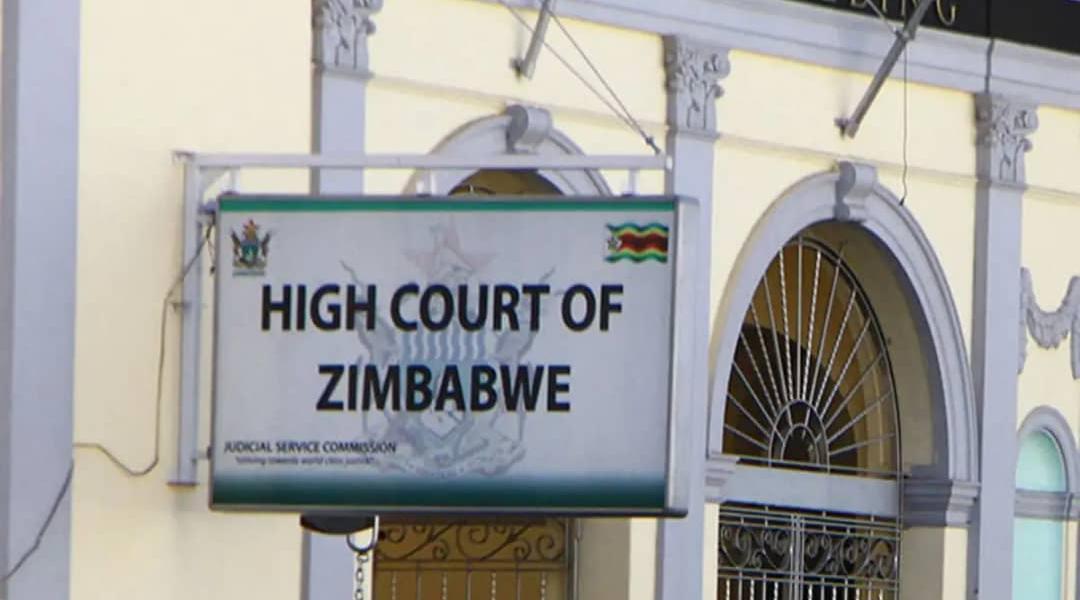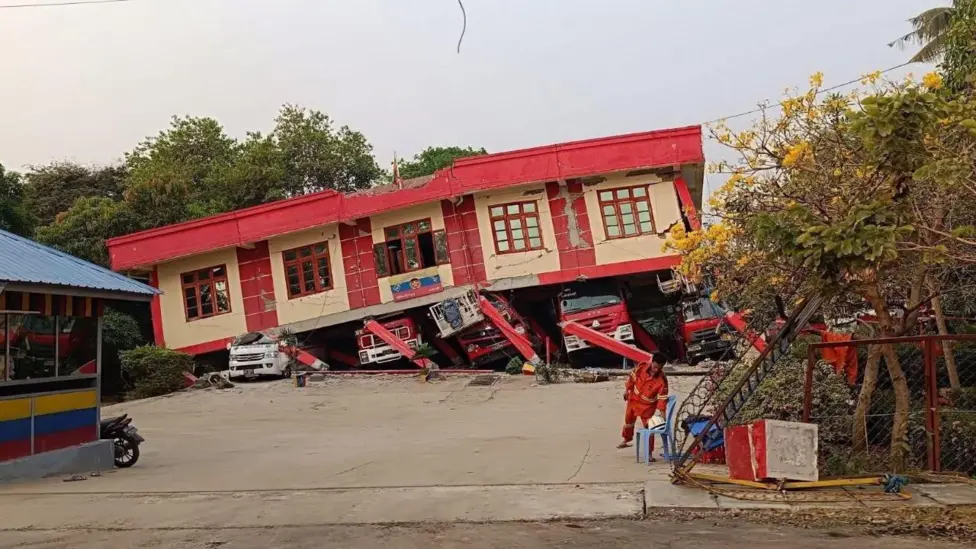THE breaking news from the government this week that land reform beneficiaries will now receive title that allows them to profit from the sale of state land they received free of charge has, expectedly, ignited fierce debate.
At the heart of this controversy lies the issue of fairness, state policy, and the broader implications for economic justice. Why should individuals who received land without purchase now hold the right to personally enrich themselves by selling it for profit?
Background: A Legacy of Free Allocations and State Support
Many of those who now seek to sell their land acquired it during Zimbabwe’s land reform programme, initiated in the year 2000. The programme sought to redress colonial-era land inequalities by redistributing land from white commercial farmers to landless black Zimbabweans. This land was allocated freely, without financial outlay by the beneficiaries, as part of a drive to correct historical injustices and empower marginalised communities.
Beneficiaries of the A2 commercial agriculture phase of the land resettlement programme had to submit business proposals demonstrating their capacity to engage and succeed in commercial agriculture. The A2 phase was an expression of one of the key principles of the land reform programme – to democratise the commercial agricultural sector by facilitating the entry of new, black commercial farmers thus expanding its participant base from the over 4,000 white commercial farmer families that dominated it.
However, these landholders have not only received land at no cost but have also benefited from a host of state support mechanisms over the years. These include farm inputs schemes, mechanisation programmes, command agriculture, and debt write-offs facilitated by the Reserve Bank of Zimbabwe (RBZ).
These repeated interventions, running into billions of US dollars, were intended to ensure that the new landowners could succeed in their agricultural endeavours and contribute to national food security and economic resurgence.
The Core Issue: A Question of Ownership and Morality
The critical question remains: on what basis is the government of President Emmerson Mnangagwa extending to this small group of Zimbabweans the right to pocket the profit from the sale of land that they were privileged to hold free of charge, land that is fundamentally owned by the state and, by extension, every Zimbabwean citizen?
Their ability to profit from this land comes while the broader Zimbabwean taxpayer is still burdened with the obligation to compensate the white former commercial farmers who were displaced during the land reform process! The government faces a massive compensation bill – a staggering US$3.5 billion – for the loss of improvements on the farms, such as infrastructure and equipment, yet there is no mechanism mentioned in the government announcement to levy contributions from resettled farmers to help meet this financial obligation.
Many of these new landowners took over properties complete with farmhouses, irrigation systems, and other infrastructure established by the previous owners, and some simply harvested market-ready produce, literally reaping where they did not sow. These improvements were not purchased or compensated for by the new occupants, who have been able to utilise them freely, further raising questions about the fairness of their newfound right to sell the land without any obligation to pay the state for its value.
Economic Impact: Unearned Value and Social Costs
Allowing the resale of this land without any payment for its initial value or the improvements made by prior occupants creates a situation where individuals can extract unearned value from state assets. This raises significant concerns about the equity of such a policy, as it effectively permits a few to profit while the majority bear the costs of past state generosity.
In a country where land is a vital national asset and a symbol of identity and sovereignty, the notion that a privileged group could gain financially from assets originally intended for national benefit is clearly exploitative and immoral. At its core, the new policy provides for a form of “looting,” where the beneficiaries of state largesse are allowed to monetise that advantage while leaving the financial burden on the taxpayers.
Policy Recommendations: A Path to Fairer Outcomes
To achieve a more equitable approach, the starting point is clear: resettled farmers who wish to sell the land they occupy should first pay for its commercial value. Such payments would reflect the market value of the landholding, acknowledging the advantages they have derived over two decades. By requiring a financial contribution from those who seek to sell, the state could establish a more balanced policy, one that recognises the investment made by the nation in supporting these farmers over the past two decades.
Secondly, part of this payment could be directed towards reducing the compensation bill for the displaced white commercial farmers, ensuring that the broader population does not continue to bear the burden alone. This approach would strike a balance between respecting the gains of the land reform process and ensuring that the proceeds from land sales are reinvested into the national economy, rather than simply enriching a small group.
Thirdly, this new policy should serve to rationalise the land reform programme and resolve longstanding contradictions of the core principles of land reform policy. The first of these is multiple farm ownership – if those who hold land pay for its commercial value, many of those who have multiple farms would be compelled to give some of them up to the state. And those who hold farms that exceed the maximum farm size rule for the agricultural zone they are in should be prepared to pay commercial rates for the excess hectarage.
Fourthly, land freed from multiple farm owners and maximum farm size rule violators – since it is now titled, bankable land – can be used to offset the compensation bill by resettling white Zimbabwean farmers who are willing to forfeit their compensation payment in lieu of the same value in land. Many of these are already active on the land anyway, leasing farms from those land reform beneficiaries who are unproductive and are content to simply collect rents.
The Enduring Marginalisation of Communal Land
Finally, and this is the other elephant in the room: the policy announced by the government effectively creates a land tenure apartheid, bolstering those on commercial farmland while disempowering the great majority of our people on communal land by denying them title and robbing their land of commercial value, all in the name of tradition!
The government remains blind to the growing trend of Zimbabweans both at home and in the diaspora, who are trekking to their rural villages to invest in property and small-scale, mainly agro-based businesses, thus boosting the rural economy in ways the government’s own 1980s growth point development strategy hardly managed to achieve.
This is a travesty.
A government that is led by the party of independence, Zanu PF, cannot without embarrassing historical contradiction sponsor the creation of a new landed gentry – the new black Rhodesians on commercial farmland – while maintaining the marginalisation of the majority of Zimbabweans from the land and property rights economy by denying them title.
We must be innovative with solutions, and I daresay that our researchers on land tenure over the past four decades have generated a massive body of work from which creative ideas can be gleaned on how to both empower our people on communal land with title while simultaneously securing traditional land rights and the jurisdiction of traditional authorities over it. The government ought to consult our policy researchers and lay the options on the table for review.
This calls for an open, thoroughgoing national debate, and the government must be willing to engage transparently, and demonstrate the political will to empower all without privileging pockets of the population over the rest.
Chofamba Sithole is a journalist and social commentator. E-mail: [email protected]
















